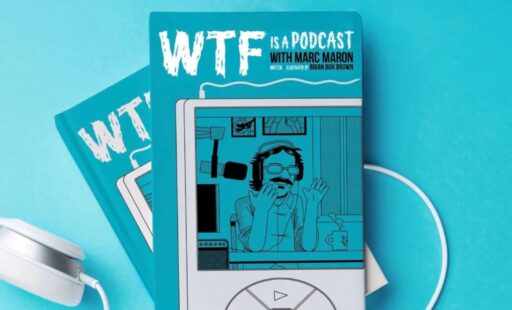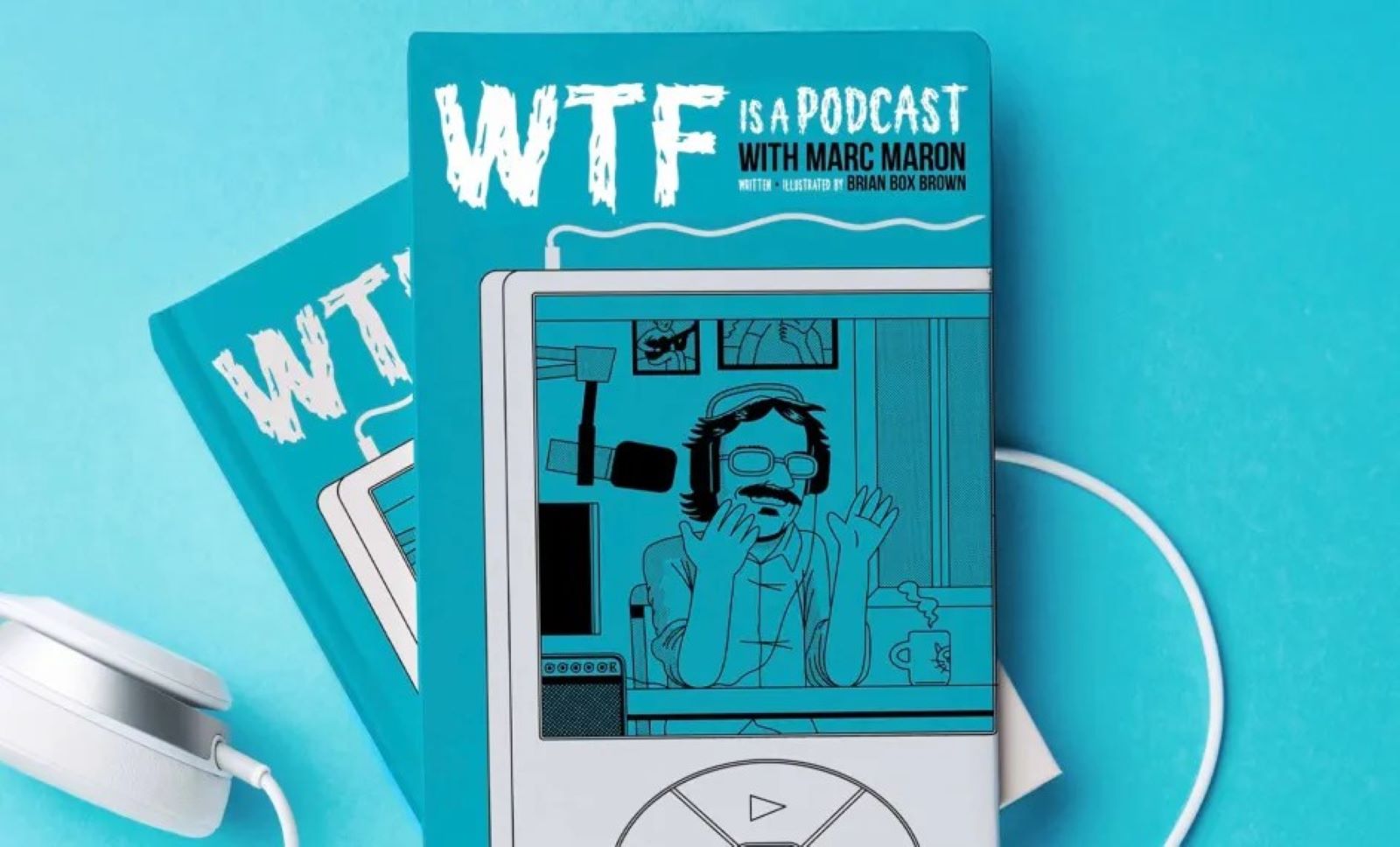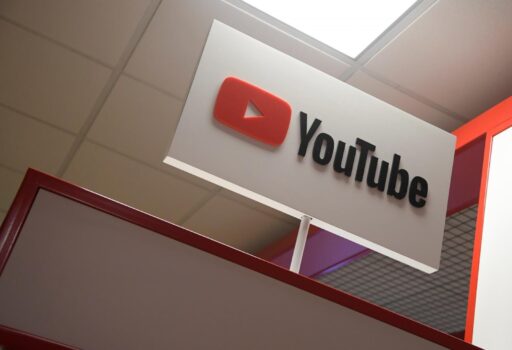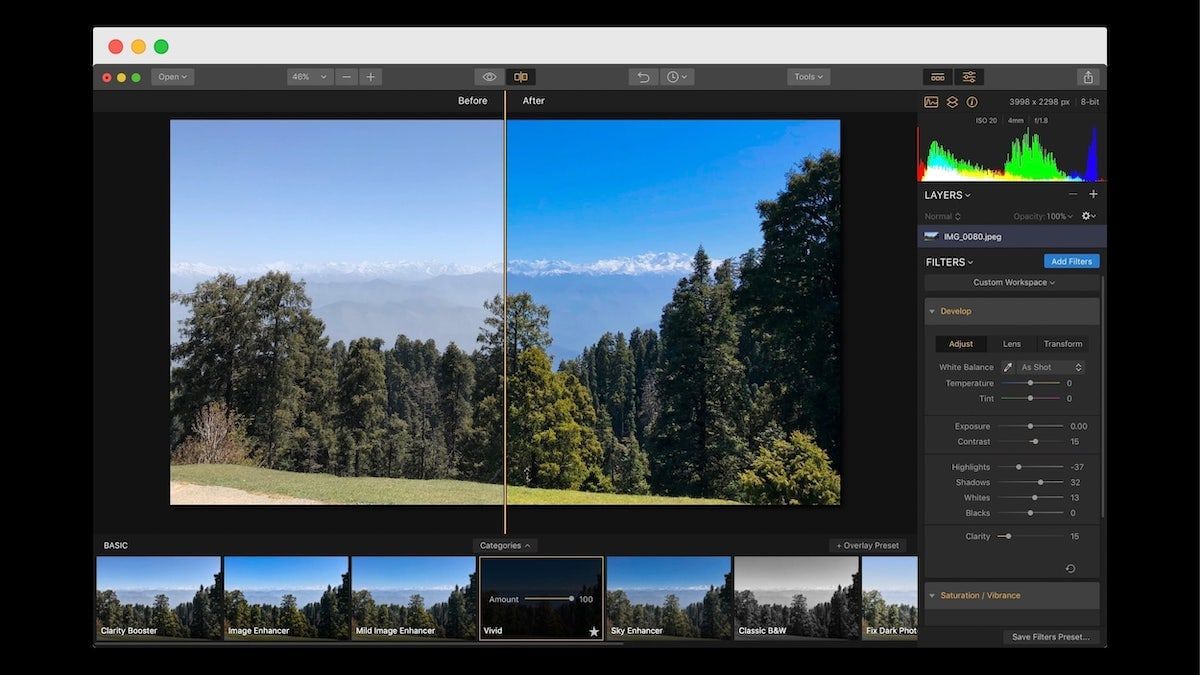The history of Marc Maron’s groundbreaking podcast, WTF with Marc Maron, is officially being safeguarded for the future. The U.S. Library of Congress has announced it will preserve the complete archive of the show, not just the episodes themselves but also the show notes and related materials. In doing so, the institution is securing the podcast’s place as part of America’s cultural record, ensuring that future generations will be able to study its influence and relevance.
The Library of Congress has long been known as the nation’s cultural vault, collecting everything from historic speeches and classic films to audio recordings that shaped American life. Now, by archiving WTF, the institution is signaling something new. Podcasts are no longer just a modern curiosity, but a recognized form of cultural storytelling worthy of preservation.
Key Takeaways
- The U.S. Library of Congress is preserving the full WTF with Marc Maron podcast archive.
- This marks a major step for podcasts being recognized as culturally important artifacts.
- The archive will include all episodes, show notes, and related digital materials.
- Preservation ensures the content will remain accessible for research and study.
- The move follows the 2022 induction of a specific WTF episode into the National Recording Registry.
For years, podcasts were treated as a fringe medium, a kind of digital side project for independent voices. But WTF with Marc Maron helped change that perception. Launched in 2009 from Maron’s garage during a turbulent period in his personal and professional life, the show quickly became known for its disarming honesty. Maron’s style was conversational, unpolished, and deeply personal, qualities that set his interviews apart from the scripted exchanges often heard on TV or radio.
Guests opened up in ways that felt rare. Listeners did not just hear celebrities, they heard people reflecting, struggling, and sometimes revealing things they had not shared elsewhere. One of the most famous examples was Maron’s 2010 interview with Robin Williams. That episode, widely regarded as a candid and poignant conversation, was added to the National Recording Registry in 2022, the first podcast ever to receive such an honor.
Archiving the entire WTF series now takes things a step further. Instead of highlighting a single landmark episode, it acknowledges the podcast’s full scope as a living chronicle of comedy, media, and celebrity culture across more than a decade. For researchers, historians, and cultural critics, the collection offers a rare, long-form window into how both podcasting and public conversation itself evolved in the digital age.
It is also worth remembering that WTF did not begin as a polished media product. It grew out of Maron’s need to reconnect with an audience while navigating setbacks in his own career. That personal, almost therapeutic origin is part of what made the show resonate so strongly, and part of why it became a model for countless other interview podcasts that followed. By archiving the series in its entirety, the Library of Congress is preserving not just the interviews, but also the story of a medium that matured alongside the man who created it.
Looking ahead, this decision could set the stage for other digital-first works to be recognized in similar ways. As more of our cultural history is born online in the form of podcasts, videos, and digital media, institutions are grappling with how best to preserve it. The choice to safeguard WTF with Marc Maron suggests that long-form podcasting, with its intimate conversations and expansive storytelling, is now considered as essential to the national cultural record as a historic speech or a classic jazz album.
FAQs
Q: What is the Library of Congress?
A: The Library of Congress is the national library of the United States. It is a research library that officially serves the U.S. Congress and is the oldest federal cultural institution in the country. It collects and preserves a wide range of materials, including books, films, and sound recordings.
Q: Why is ‘WTF with Marc Maron’ being preserved?
A: The podcast is being preserved because it is considered a culturally and historically important work. It played a major role in the rise of podcasting as a mainstream medium and features candid, in-depth interviews with many influential public figures.
Q: How can I access the archived episodes?
A: The Library of Congress will make the archived materials available to the public for research and educational purposes. Access is generally provided through the library’s facilities, not through public streaming platforms.
Q: What is the National Recording Registry?
A: The National Recording Registry is a collection of sound recordings selected by the Library of Congress for preservation. The recordings are chosen for their cultural, historical, or aesthetic importance.







